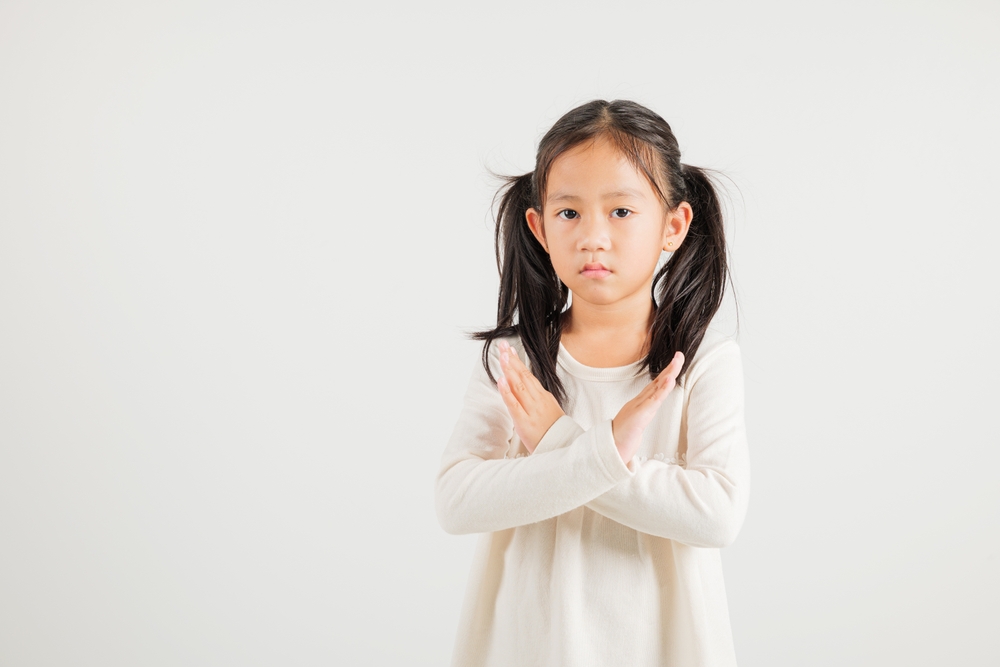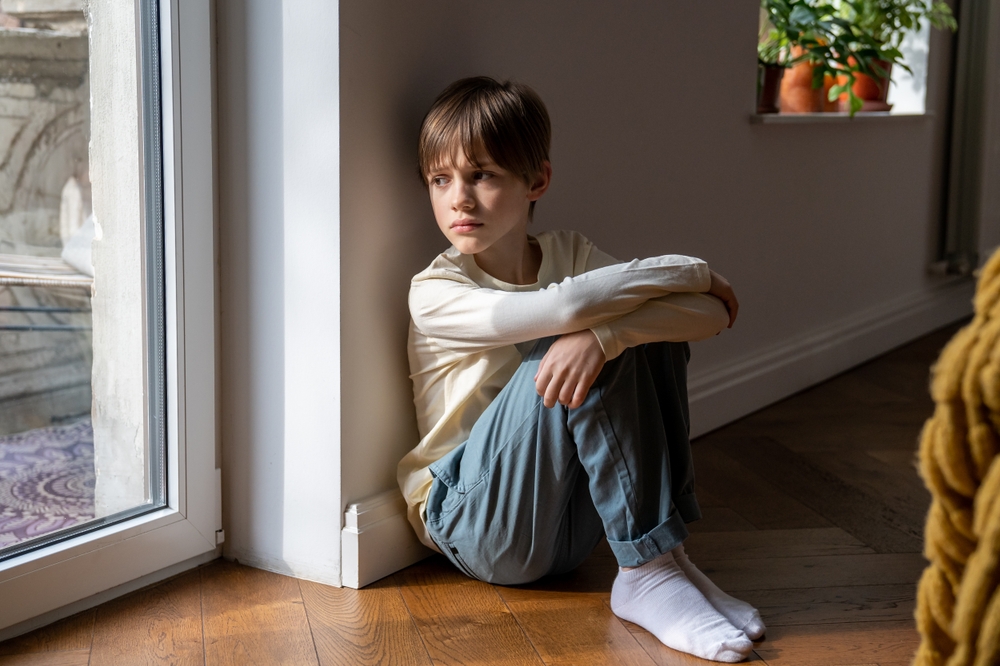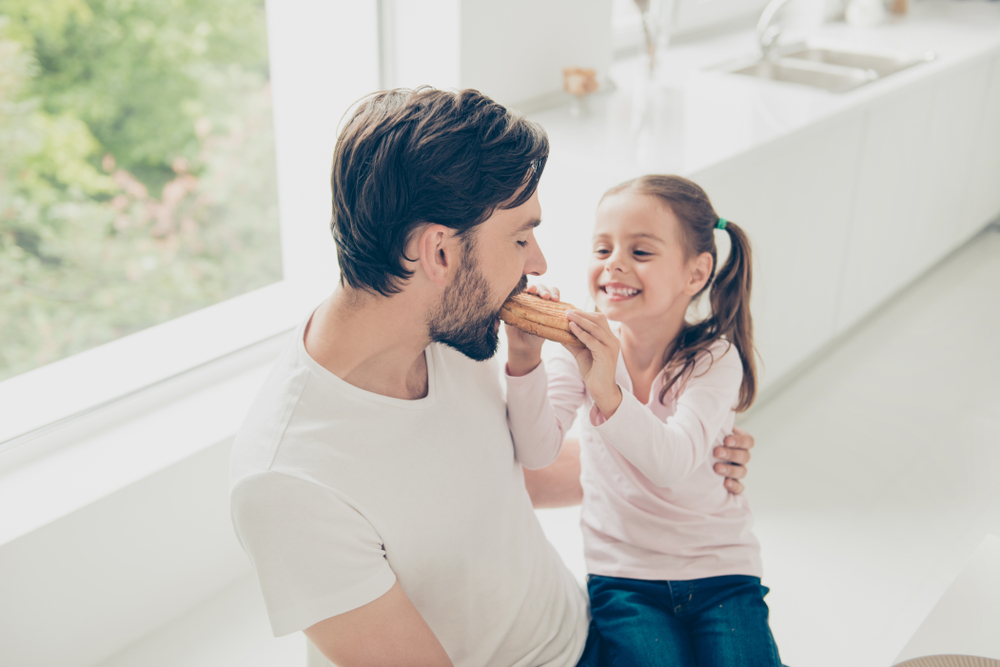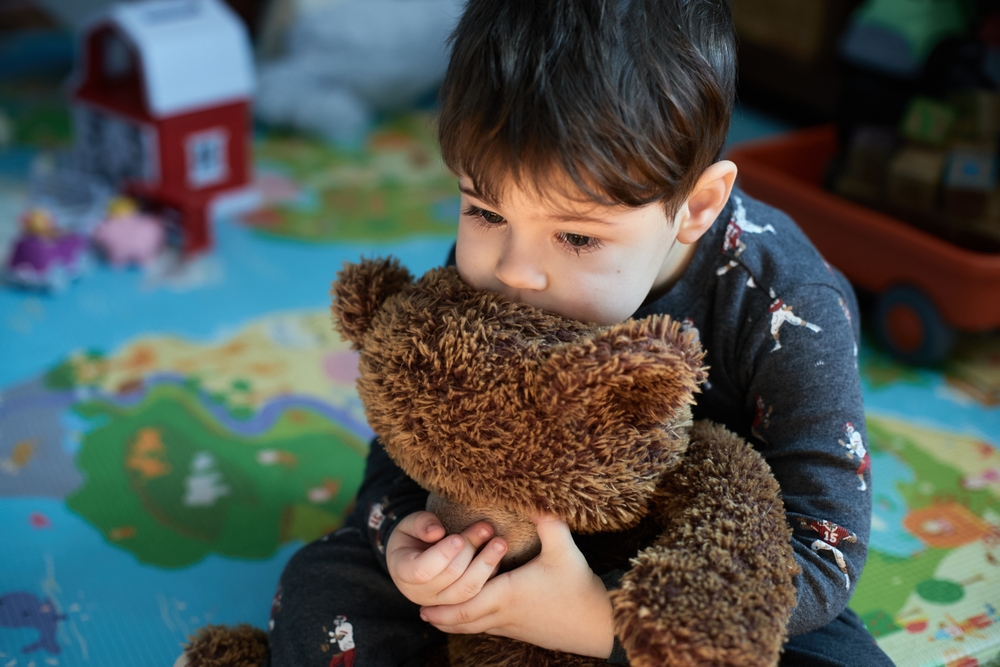Bullying is not something most people simply outgrow. While it often happens in childhood, its psychological effects can last well into adulthood, shaping behavior, emotions, and self-perception. Studies on trauma show that repeated social rejection and humiliation during developmental years can alter stress responses and emotional regulation. These changes often appear in subtle but powerful ways later in life.
Adults who were bullied may find themselves reacting strongly to criticism, struggling with self-worth, or overcompensating to feel accepted. Yet, their experiences also build emotional depth, empathy, and resilience that others might never fully understand. Recognizing these long-term patterns is important because it helps those affected make sense of their reactions and work toward recovery rather than self-blame. When bullying is acknowledged as emotional trauma rather than a harmless childhood phase, adults can begin to heal from it and redefine the way they see themselves and others.
1. Heightened Sensitivity to Criticism

Adults who were bullied in childhood often develop a deep sensitivity to criticism. Because they spent years being judged or ridiculed, even mild disapproval can feel like a personal attack. This reaction is rooted in the brain’s long-term stress response, where repeated humiliation triggers lasting hypervigilance. These individuals may replay conversations or worry excessively about how others perceive them, leading to anxiety and perfectionism in work or relationships.
2. Difficulty Trusting Others

Trust can be hard to rebuild after betrayal during formative years. People who were bullied often struggle to let others in fully, fearing rejection or humiliation. This cautiousness can protect them but also limit intimacy in friendships or romantic relationships. Psychologists note that early social pain rewires emotional safety mechanisms, making openness feel risky. As adults, they may require more time and reassurance before believing that others have good intentions.
3. Low Self-Esteem and Self-Worth Issues

Being bullied repeatedly can damage a child’s sense of worth. In adulthood, this can manifest as persistent self-doubt or feelings of inferiority. Even when successful, they might downplay achievements or feel like impostors. The internal voice shaped by years of negativity can be difficult to silence, and therapy often helps individuals rebuild self-esteem through self-compassion and boundary setting. Over time, learning to recognize their value becomes an essential part of healing.
4. People-Pleasing Behavior

Many adults who were bullied become people pleasers, trying to avoid conflict by anticipating others’ needs. This behavior develops as a defense mechanism to prevent rejection or ridicule. While it can make them kind and accommodating, it often leads to burnout or resentment. They might overcommit or apologize unnecessarily, struggling to assert boundaries. Understanding that they no longer need to earn acceptance through compliance is a key step toward self-empowerment.
5. Strong Empathy and Compassion

Interestingly, many who faced bullying grow into highly empathetic adults. Having experienced pain firsthand, they are often quick to notice distress in others. This heightened emotional awareness can make them excellent listeners and supportive friends. Empathy becomes both a strength and a responsibility, helping them build meaningful relationships and advocate against injustice. It also reflects emotional maturity, transforming personal suffering into a drive to prevent others from experiencing the same pain.
6. Fear of Confrontation

Because confrontation once meant emotional or physical danger, many once-bullied adults avoid conflict at all costs. They may agree with others even when they disagree internally, prioritizing safety over self-expression. This avoidance can cause tension, especially in workplaces or relationships that require honest communication. Relearning that assertiveness does not equal aggression is often part of their emotional recovery. Healthy communication therapy and self-affirmation can gradually help them reclaim their voice.
7. Resilience and Emotional Strength

Despite the struggles, many adults who endured bullying develop extraordinary resilience. They have learned how to adapt, survive, and rebuild after emotional hardship. This strength often emerges as determination, independence, and a deep appreciation for genuine kindness. They may become advocates, counselors, or mentors who use their experiences to uplift others. While the scars of bullying remain, the ability to transform pain into purpose often defines their adulthood in powerful and inspiring ways.
Growing Up

Bullying leaves an imprint that can shape a person’s emotional world for decades. For many adults, the past continues to influence how they connect, respond, and protect themselves. Yet these individuals also tend to possess remarkable emotional intelligence, endurance, and self-awareness developed through years of overcoming adversity.
Healing begins when the experiences are acknowledged rather than minimized, allowing them to see strength in what once caused pain. The goal is not to erase the past, but to understand how it molded resilience, empathy, and integrity. Adults who were bullied often carry the quiet strength of survivors, proving that even in the aftermath of cruelty, growth and self-acceptance remain possible.
Read More: 10 Traits Adults Develop When They Were Constantly Excluded as Children
Disclaimer: This article was created with AI assistance and edited by a human for accuracy and clarity.

